Artificial Intelligence (AI) is no longer just a buzzword, it’s a reality. This technology is rapidly transforming industries across the globe, from healthcare and finance to agriculture and transportation. With its ability to analyze vast amounts of data, AI in Hospitality industry is making processes faster, more efficient, and more accurate than ever before. In this blog post, we will explore some of the ways AI is revolutionizing industries worldwide.
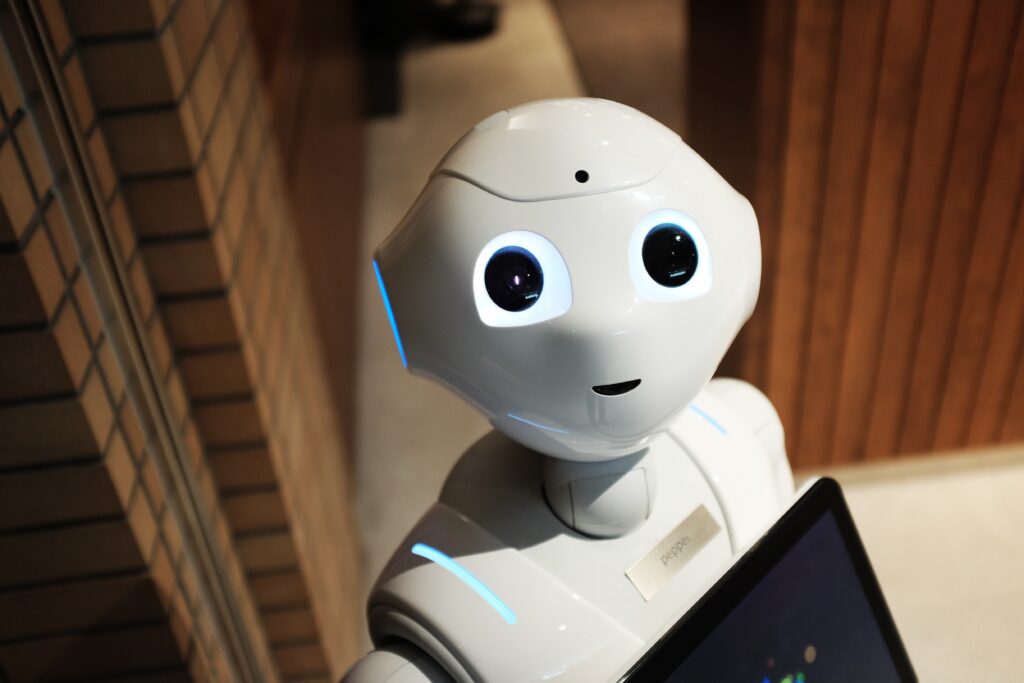
The Future of the Hospitality Industry: Embracing Artificial Intelligence
Introduction
In today’s rapidly evolving technological landscape, the hospitality industry finds itself at the forefront of innovation. One such groundbreaking advancement that has captured the attention of industry leaders is artificial intelligence (AI). As the world becomes increasingly interconnected, AI has the potential to revolutionize the hospitality sector, enhancing operational efficiency, elevating guest experiences, and ultimately shaping the future of the industry.
Understanding Artificial Intelligence in Hospitality
Defining Artificial Intelligence
Artificial Intelligence refers to the development of computer systems capable of performing tasks that typically require human intelligence. These tasks include natural language processing, problem-solving, decision-making, and pattern recognition. By simulating human cognitive processes, AI technologies aim to automate and optimize various aspects of the hospitality industry.

Applications of AI in Hospitality
Below list shows AI in hospitality industry examples. These real world applications would greatly improve the customer experience in general.
Enhanced Guest Experiences: AI-powered chatbots and virtual assistants are transforming the way hotels interact with guests. These intelligent systems can provide instant responses to inquiries, offer personalized recommendations, and facilitate seamless bookings, ensuring exceptional guest experiences.
- Smart Room Management: With AI, hotels can offer guests a truly customized stay. Smart room technology integrated with AI can adjust temperature and lighting preferences based on guest behavior and preferences, creating a comfortable and personalized environment.
- Revenue Optimization: AI-powered algorithms can analyze vast amounts of data to predict demand patterns, optimize pricing strategies, and maximize revenue for hotels. By leveraging machine learning techniques, hotels can dynamically adjust prices based on real-time market conditions, competition, and historical data.
- Efficient Operations: AI-driven automation can streamline various operational processes in the hospitality industry. For example, intelligent inventory management systems can automatically track and replenish supplies, reducing manual efforts and minimizing errors.

Benefits of Embracing AI in Hospitality
- Improved Efficiency: By automating repetitive tasks, AI allows hospitality professionals to focus on higher-value activities, such as guest engagement and service excellence. This boosts overall operational efficiency and productivity.
Personalized Guest Experiences: AI enables hotels to understand guest preferences and behavior patterns, facilitating the delivery of personalized services. From tailored recommendations to individualized marketing campaigns, AI empowers hotels to create memorable experiences for their guests.
Enhanced Safety and Security: AI-powered surveillance systems can detect suspicious activities and enhance security measures within hotels. Facial recognition technology can help identify potential threats and ensure a safe environment for guests and staff.
Data-Driven Decision Making: With AI’s ability to analyze large volumes of data quickly, hotels gain valuable insights into consumer behavior, market trends, and operational patterns. These insights inform strategic decision-making, enabling hotels to stay ahead in a competitive industry.
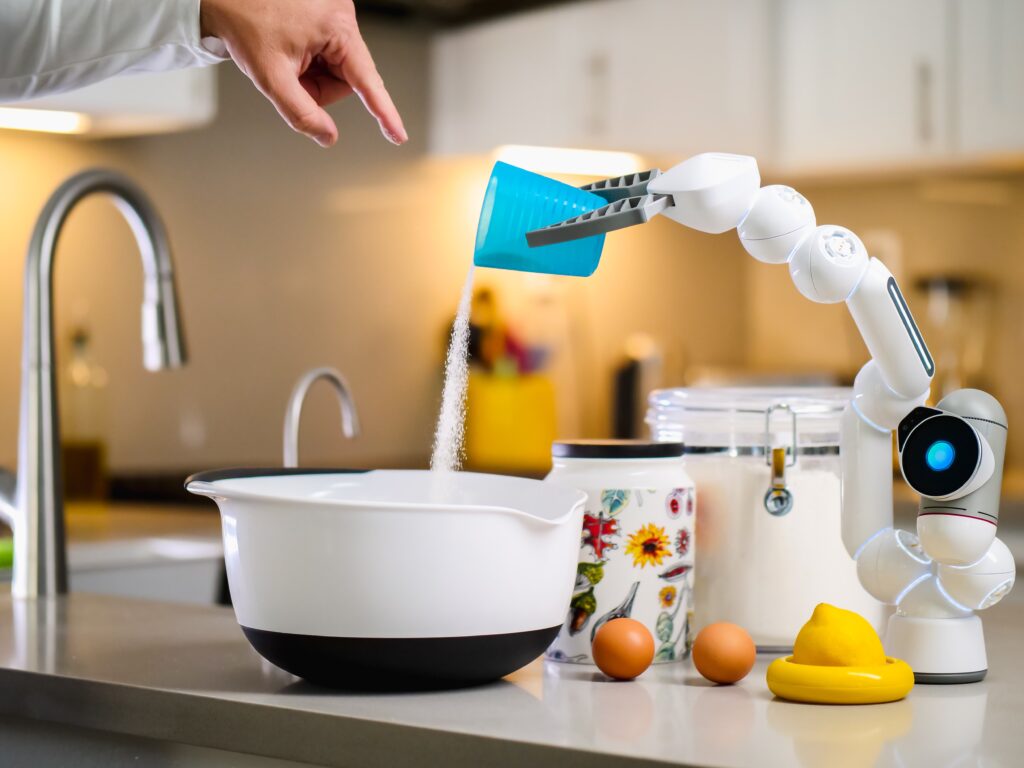
Disadvantages of AI in hospitality industry and respective considerations
While the future of the hospitality industry with AI looks promising, there are challenges that need to be addressed. These include:
- Data Privacy and Security: As hotels collect and analyze vast amounts of guest data, ensuring the privacy and security of this information becomes paramount. Implementing robust cybersecurity measures and adhering to data protection regulations are essential considerations.
Adoption and Integration: Integrating AI systems seamlessly into existing hotel infrastructure requires careful planning and expertise. Training staff to leverage AI tools effectively and managing the transition are crucial for successful implementation.
- Ethical Considerations: AI in hospitality raises ethical questions, such as the responsible use of data and the potential impact on employment. Striking a balance between technological advancements and the ethical implications is vital to ensure a sustainable and inclusive future for the industry.
- Human Touch: While AI offers numerous benefits, it’s important to maintain a human touch in the hospitality industry. Balancing the use of AI technologies with genuine human interactions and personalized services is key to providing exceptional guest experiences.
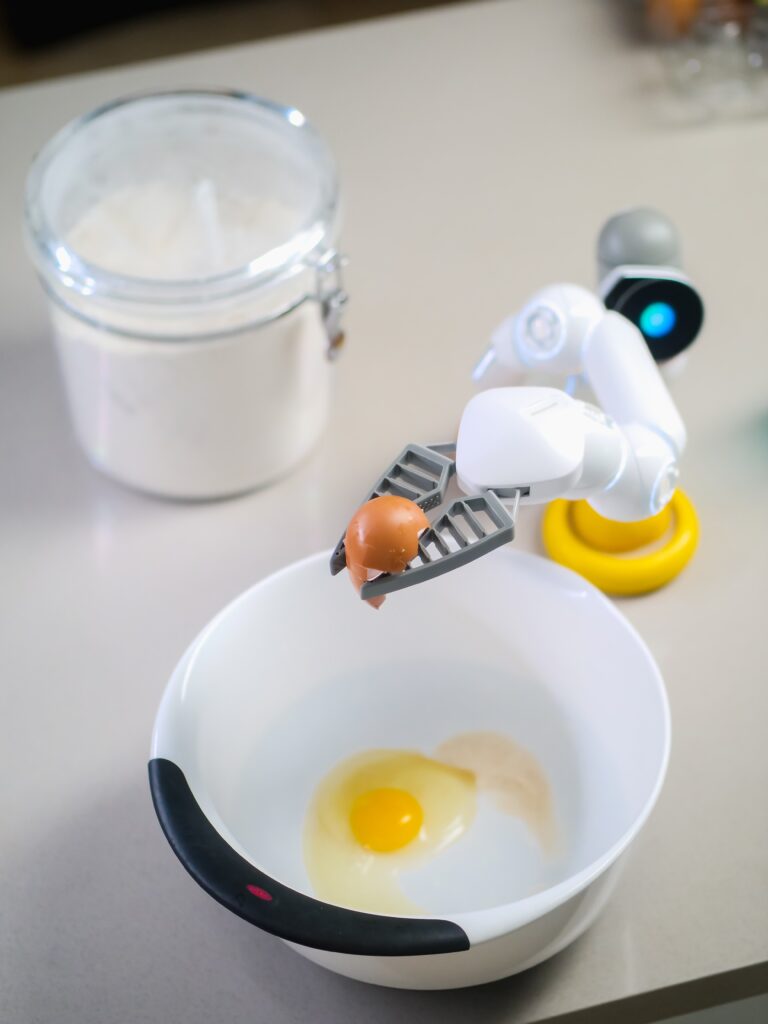
AI and hospitality industry : Embracing the Future
AI and hospitality industry both are on the brink of a technological revolution, and embracing AI is crucial for hotels to stay competitive and meet the evolving needs of guests. Here are some strategies for hotels to leverage AI effectively:
1. Invest in AI Infrastructure
Hotels should prioritize investment in AI infrastructure to support the integration of AI technologies. This includes robust hardware, advanced software systems, and secure data storage capabilities. Collaborating with technology partners and AI experts can help hotels implement AI solutions tailored to their specific needs.
2. Implement AI-Enabled Guest Interaction Tools
AI-powered chatbots and virtual assistants can significantly enhance guest experiences. By offering 24/7 support, instant responses, and personalized recommendations, these tools provide guests with quick and efficient assistance. Hotels should consider integrating chatbots into their websites, mobile apps, and social media platforms to optimize guest engagement.

3. Utilize Data Analytics for Personalization
Leveraging AI algorithms and data analytics tools enables hotels to gain actionable insights from guest data. By analyzing preferences, behaviors, and feedback, hotels can deliver highly personalized experiences. This includes customized offers, targeted marketing campaigns, and tailored recommendations to enhance guest satisfaction and loyalty.
4. Optimize Revenue and Operations with AI
AI-powered revenue management systems can analyze market trends, competitor pricing, and historical data to optimize pricing strategies in real-time. By dynamically adjusting rates and inventory, hotels can maximize revenue and occupancy rates. Additionally, AI-driven automation can streamline various operational processes, including inventory management, housekeeping, and maintenance.

5. Enhance Guest Safety and Security
Implementing AI-powered surveillance systems and facial recognition technology can significantly enhance guest safety and security. These technologies can detect potential threats, monitor access points, and ensure a secure environment for guests and staff. Hotels should prioritize the deployment of robust security measures to protect guest privacy and maintain trust.
6. Stay Informed and Adapt
The field of AI is continuously evolving, with new advancements and applications emerging regularly. To stay ahead, hotels should remain informed about the latest trends, attend industry conferences, and actively engage with AI thought leaders. This knowledge enables hotels to adapt their strategies and adopt new AI technologies that align with their business goals.
Conclusion
Artificial Intelligence holds immense potential for the hospitality industry. By embracing AI, hotels can revolutionize guest experiences, optimize operations, and gain a competitive edge. From personalized interactions to efficient revenue management, AI empowers hotels to deliver exceptional services while staying ahead in a rapidly evolving market. As the future unfolds, it is imperative for hotels to leverage AI intelligently, keeping a balance between technological advancements and the human touch that makes the hospitality industry unique. By embracing AI, the future of the hospitality industry is bright, promising, and ready to exceed guest expectations.
You can also read about benefits of artificial intelligence in heathcare sector in the arcticle published earlier. If you liked the curated content you can follow us on facebook as well.

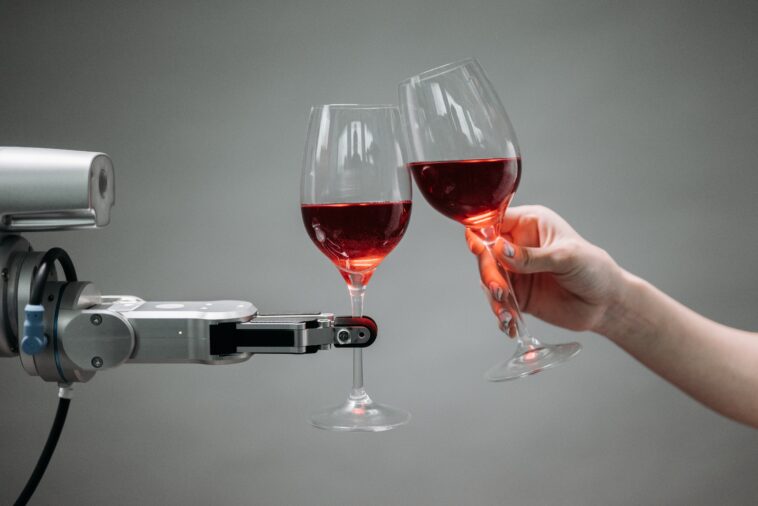

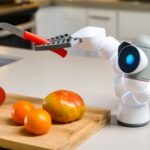


GIPHY App Key not set. Please check settings